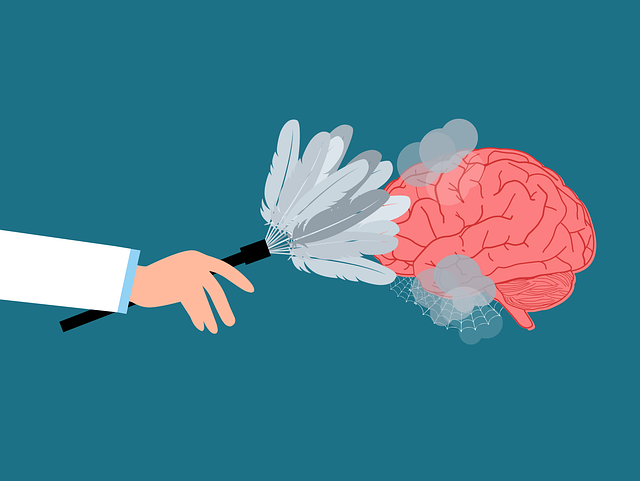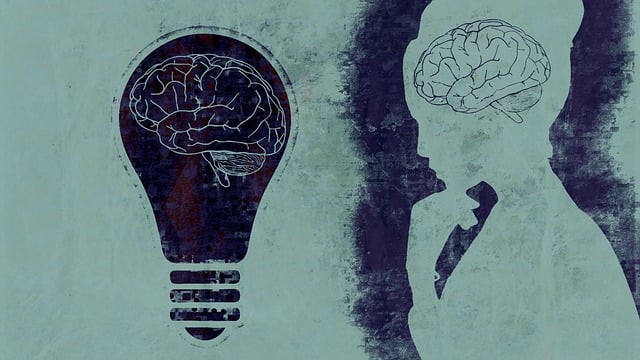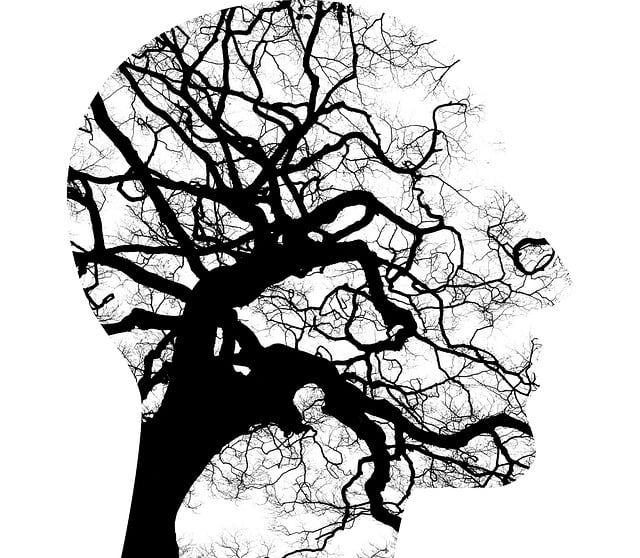Centennial Eating Disorders Therapy offers a comprehensive approach to recovery through its innovative Recovery-Focused Mindfulness (RFM) program, combining mindfulness with personal goals to build emotional resilience. They integrate exercises like Mental Wellness Journaling and Compassion Cultivation Practices to enhance self-awareness and promote positive body image. Physical activities and mindfulness meditation boost mental toughness, enabling individuals to manage stress and challenges effectively. Tracking Recency (RFM) allows for dynamic, data-driven interventions, ensuring tailored support and celebrating progress. Centennial's holistic approach, including community outreach, aims to foster long-term recovery and improved quality of life.
“Explore the power of RFM (Resilience, Flexibility, and Mastery) as a transformative tool in treating eating disorders. This article delves into the critical role of Centennial Eating Disorders Therapy, which leverages RFM to build resilience. We examine how fostering a resilient mindset can aid recovery, offering practical exercises for mental toughness. From understanding RFM’s core principles to measuring progress, this guide provides insights for therapists and individuals seeking to strengthen resilience. Discover how Centennial Eating Disorders Therapy revolutionizes care.”
- Understanding RFM and its Role in Resilience Building
- The Impact of Resilient Mindset on Eating Disorders Recovery
- Centennial Eating Disorders Therapy: An Approach to Strengthening Resilience
- Practical Exercises for Fostering Mental Toughness
- Measuring Progress: Tracking RFM in Therapy Sessions
Understanding RFM and its Role in Resilience Building

Resilience is a key component in overcoming challenges and fostering mental well-being, which is why Centennial Eating Disorders Therapy emphasizes the importance of building resilience through techniques like RFM (Recovery-Focused Mindfulness). RFM involves combining mindfulness practices with a focus on personal recovery goals. By integrating these strategies, individuals learn to navigate stressful situations while cultivating emotional regulation skills.
This approach encourages active participation in one’s healing process, promoting self-awareness and coping mechanisms that extend beyond traditional therapy sessions. Through RFM, clients at Centennial Eating Disorders Therapy develop effective strategies for managing triggers and cravings, enhancing their ability to handle high-stress scenarios. Additionally, the practice supports social skills training and burnout prevention by fostering a sense of control and empowerment, ultimately contributing to long-term recovery and improved quality of life.
The Impact of Resilient Mindset on Eating Disorders Recovery

A resilient mindset is a powerful tool in the journey towards recovery from eating disorders, as it empowers individuals to navigate challenges and setbacks with greater ease. At Centennial Eating Disorders Therapy, we recognize that fostering resilience goes hand in hand with enhancing mental wellness. By integrating confidence-boosting exercises, such as Mental Wellness Journaling, into our treatment programs, we enable clients to develop a positive self-perception and a sense of control over their lives. This proactive approach encourages individuals to embrace change and promotes a healthier relationship with food and body image.
Beyond individual therapy sessions, community outreach program implementations play a crucial role in fostering resilience on a larger scale. By connecting with like-minded individuals and sharing experiences, those recovering from eating disorders can build supportive networks that provide ongoing guidance and encouragement. This sense of belonging contributes to a stronger, more resilient mindset, increasing the likelihood of long-term recovery and overall well-being.
Centennial Eating Disorders Therapy: An Approach to Strengthening Resilience

Centennial Eating Disorders Therapy offers a unique approach to building resilience, particularly focusing on healing and strengthening individuals’ relationship with food and their bodies. This therapeutic method recognizes that eating disorders are complex conditions often stemming from deeper emotional and psychological issues. By integrating Compassion Cultivation Practices, the therapy fosters a culture of self-care and positive thinking, empowering individuals to challenge societal pressures and negative body image.
Through various exercises tailored to individual needs, Centennial Eating Disorders Therapy encourages clients to engage in mindful practices that enhance public awareness campaigns development. These activities promote a deeper understanding of one’s triggers and emotions, leading to healthier coping mechanisms. By nurturing compassion towards oneself and others, the therapy enables individuals to develop resilience, fostering a positive mindset that is essential for long-term recovery and overall well-being.
Practical Exercises for Fostering Mental Toughness

Mental toughness is a key component of resilience, enabling individuals to navigate challenging situations with adaptability and composure. Practical exercises in this realm can significantly enhance one’s ability to cope with stress and adversity. For instance, regular physical exercise not only promotes overall health but also acts as an effective outlet for releasing built-up tension and anxiety. Incorporating activities like jogging, swimming, or even high-intensity interval training (HIIT) into daily routines can foster a sense of control and empowerment.
At Centennial Eating Disorders Therapy, we emphasize the importance of these exercises in our therapeutic processes, which include exploring various Stress Reduction Methods and Emotional Healing Processes. Mindfulness Meditation is another powerful tool to cultivate mental fortitude. By focusing on the present moment and accepting thoughts without judgment, individuals can develop a deeper sense of self-awareness and emotional regulation. This practice, when combined with other therapeutic techniques, empowers clients to confront challenges head-on, fostering true resilience in their lives.
Measuring Progress: Tracking RFM in Therapy Sessions

In Centennial Eating Disorders Therapy, measuring progress is a crucial aspect of the therapeutic journey. One effective method to gauge a client’s resilience and recovery is by tracking their Recency (RFM) – a simple yet powerful indicator. This involves monitoring how recently they’ve engaged in unhealthy behaviors, as well as their frequency and intensity. By integrating this metric into therapy sessions, practitioners can tailor interventions to address specific needs. For instance, if a client shows declining RFM scores over several weeks, it may indicate improved mood management skills, suggesting the need to shift focus towards stress management workshops within the organization.
Regular tracking of RFM allows for dynamic adjustments in treatment plans, ensuring that therapy remains responsive and effective. It also facilitates open communication between therapist and client, fostering a collaborative environment where progress is celebrated and challenges are proactively addressed. This data-driven approach aligns with Trauma Support Services offered by Centennial Eating Disorders Therapy, ultimately contributing to enhanced resilience building exercises and overall well-being.
The integration of RFM and resilience-building exercises, as exemplified by the Centennial Eating Disorders Therapy approach, offers a promising path forward in eating disorders recovery. By fostering mental toughness and a resilient mindset, individuals can navigate challenges more effectively. This comprehensive strategy not only enhances therapeutic outcomes but also empowers individuals to lead healthier, more fulfilling lives. Through practical exercises and continuous tracking of RFM progress, therapists can provide tailored support, ultimately strengthening resilience and improving long-term recovery rates.














